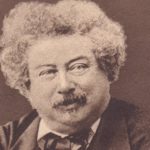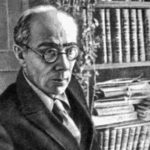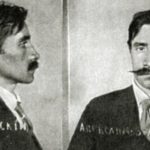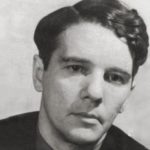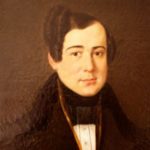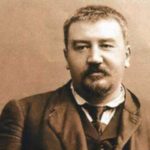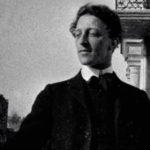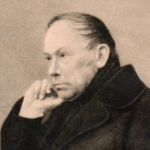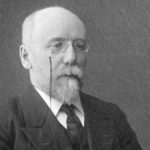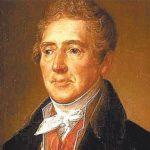Interesting facts from the life of Alexander Radishchev
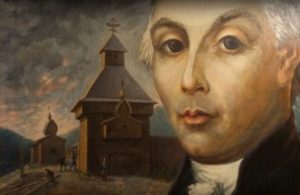 Among the other writers of his time, Alexander Radishchev stands out with quite original views on the development of literature. Being not only a prose writer, but also a poet, he was also no stranger to philosophy, which was reflected in his work. The depth of thoughts of Radishchev is amazing, and with each re-reading of his book one more deep meaning of it opens.
Among the other writers of his time, Alexander Radishchev stands out with quite original views on the development of literature. Being not only a prose writer, but also a poet, he was also no stranger to philosophy, which was reflected in his work. The depth of thoughts of Radishchev is amazing, and with each re-reading of his book one more deep meaning of it opens.
Early education of the future writer involved his father, a very educated man.
When Alexander Radishchev was six years old, his father hired him a French teacher. As it turned out, he was slightly mistaken with the choice – later it turned out that this teacher was a deserter who had escaped from the army.
During his studies in Germany, Radishchev was deeply imbued with enlightenment ideas, which had a strong influence on his entire future life.
His most famous work, “Journey from St. Petersburg to Moscow,” the writer published anonymously.
The Empress, after reading the book, called Radishchev “a rebel worse than Pugachev”.
A copy of the work, which was read by Empress Catherine, has been preserved to this day. He is covered with cynical comments by the sovereign.
Modern researchers believe that such an acute reaction to the “Journey from St. Petersburg to Moscow”, where Radishchev describes a just peasant revolt, was caused by the fact that the country had not recovered from a decade and a half before the uprising of Yemelyan Pugachev.
For writing and publishing this book, A. N. Radishchev was arrested and sentenced to death. By order of the Empress, the penalty was replaced with a ten-year link to Siberia.
A. S. Pushkin was very critical of both “The Journey” and its author.
Radishchev was arrested in the summer, and he was taken to the place of exile in the winter, when the cold weather came. He didn’t have warm things, nor was he able to buy them. Perhaps the authorities hoped that he would die on the way. It probably would have been so if Count Vorontsov had not sent money to the governor of Tver so that he would take care of the disgraced writer and buy him everything he needed.
Link Radishcheva lasted five years, until the death of Empress Catherine. The new emperor pardoned the writer, punishing him to live under Kaluga under police surveillance. He spent these five years, treating local children, burning dishes and continuing his literary activities.
The next emperor, Alexander I, completely returned the writer to the court, appointing him a member of the Commission for drafting laws.
Soon after, Radishchev passed away after drinking a poisonous mixture. Accidentally this was done or intentionally – is unknown. Judging by the remaining documents – by chance.
The whereabouts of the grave of the writer is not known for certain.
Radishchev had two children in his two marriages. Two more died in infancy.
Discovered in 1978, the asteroid was named in honor of the writer.
“Traveling from Petersburg to Moscow” could not pass the strict censorship of those years. However, this happened because the careless censor decided that he had before him a regular guide.
Radishchev’s second wife was the sister of his first wife. When the writer was arrested, she gave the executioner all the jewels she had to protect her from torture.
Almost the entire first edition of The Journey was withdrawn from sale and destroyed.
At the beginning of the 20th century, many revolutionaries argued that the formation of their views was influenced by the work of Radishchev.
